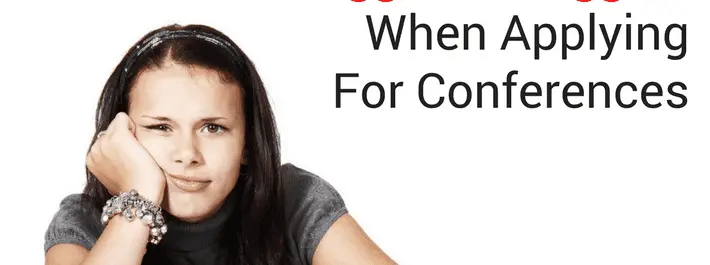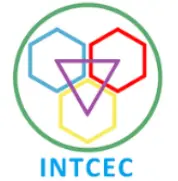
5 biggest struggles when applying for conferences
Read a summary using the INOMICS AI tool
Ahh, conferences. They can be deeply informative and a lot of fun – but they can be a headache too! One point of pain in attending conferences is the application stage, where you send off an abstract of your work together with information about yourself and hope to be allotted a poster presentation or a coveted talk. If you're applying for conferences and finding this to be a stressful experience, don't worry, you're not alone! Here are five of the biggest struggles that academics face when applying for conferences.
- Does your research fit with the conference theme?
It's usual for a conference to have a theme, especially if it's a yearly conference organised by a particular group. For example, organisers of a yearly medical conference might dedicate one year to infectious diseases, one year to ageing, one year to early childhood, and so on. Your work is much more likely to be accepted at a conference if it fits with the conference's theme that year. Sometimes, this can make your life easier – if you're a dementia researcher and this year's conference is on degenerative diseases, then you're in luck. But if not, you'll need to stretch or interpret your research to try to fit it in to a theme, in order to improve your chances of being accepted.
- Is your research novel enough to stand out...
No one goes to conferences to hear about things they already know about. So it's for good reason that conference organisers prioritize the kind of research which is novel and hasn't been done before. If you're currently working on replicating another study, or even on a meta-analysis, then you might struggle to get your work accepted to a conference. Which doesn't mean that your work isn't valuable! Just perhaps that it isn't appropriate for a conference presentation. To have more luck with conference acceptance, put forward your most original work and really emphasise how and why it is novel in your abstract.
- … but also comprehensible enough for the audience?
On the flip side of novelty is the need for your work to be comprehensible to the conference audience. Even the best work in the world won't be valuable to attendees if they can't understand it. This is especially a problem at interdisciplinary conferences, where you have to remember that some conference attendees will have no background in your subject whatsoever. In this case, you need to strike a balance between showing how your work is interesting and making sure that everyone in attendance can understand what you're talking about. To help with this, make sure your abstract is free from jargon or specialist language and try to give a brief explanation of your key concepts at the start.
- Are your language skills up to par?
For non-native speakers, a conference in English can be an intimidating thing. Some disciplines place more importance on verbal fluency than others, so this may not be such a big issue in a field like mathematics or physics. In social sciences and humanities subjects, however, being able to express yourself clearly is vital to getting your abstract accepted. If you're not a native speaker it can be a real challenge to sum up all of your recent work into an abstract of just a few hundred words. So firstly, don't berate yourself if you are struggling to write your abstract – this is a very common problem! To get help, you can ask around your friends and colleagues, or even consider hiring a professional English editor. As the abstract is short, it should be fairly quick and easy for a native speaker or a skilled linguist to check over for you.
- How do you know if this is the right conference for you?
Finally, one source of stress can be wondering whether the conference you are applying to will even be the right one for you. You can look up in advance to see whether the conference is large or small, single subject or interdisciplinary, national or international. But it's much harder to gauge what the atmosphere will be like. Will it be friendly, or formal, will it feel very busy and energetic or will it be more relaxed? One way to get a feeling for this before you apply is to look up conference reports written on blogs, to get a feel for the style of the conference you're interested in.
Top Blog Post To Read:
-
- Conférence
- Posted 2 months ago
CALL FOR PAPERS - Conference on “Fiscal and Monetary Policies for Inclusive Growth in Developing and Emerging Markets"
Between 16 Jul and 17 Jul -
- Conférence
- Posted 1 year ago
Sixteenth International Conference on The Image
Between 11 Sep and 12 Sep in Paris, France -
- Conférence
- Posted 2 months ago
1st International Conference on Applied Economics and Financial Issues (AEFI)
Between 28 Aug and 29 Aug in Thessaloníki, Grèce










